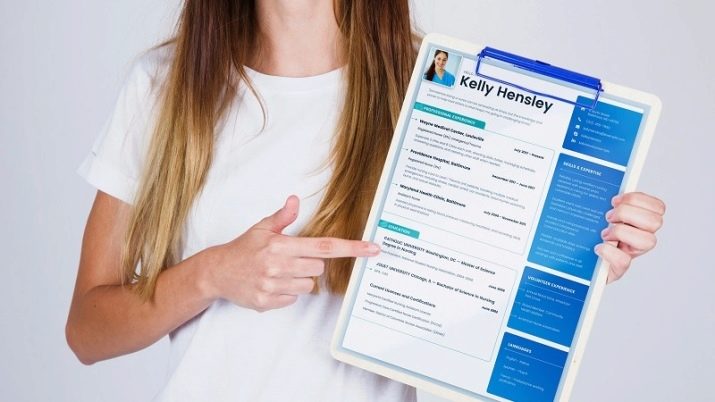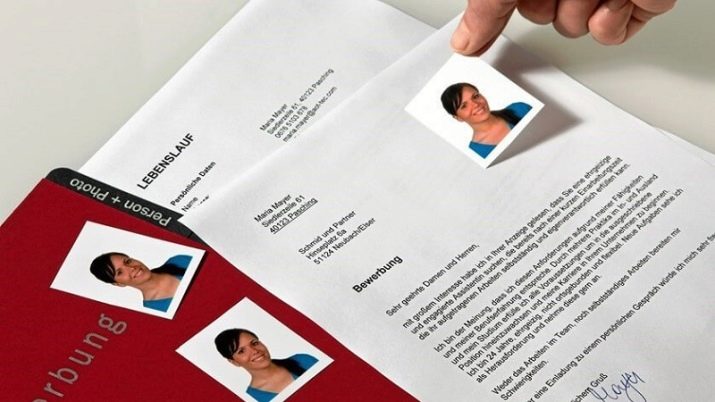HR Specialist Resume: Recommendations for Completing

A resume is a document that in most cases is drawn up by the applicant for the position himself. It lists both the standard data of a specialist (full name, date of birth, etc.), as well as personal qualities, professional skills that can help him in his work.
For each specialty, these skills are predefined. What should an applicant for a position in the HR department write on his resume?

Peculiarities
It would seem that it is the personnel officers who look through the mass of resumes, and who better than them know what should be written there. However, they also have difficulties in finding a job, because it is one thing to read other people's documents, and quite another to compose your own, which will create the first impression of him as an employee, a specialist. The position for which a person applies is of great importance. If this is a clerical inspector, then the personal and professional qualities should be the same, and if the head of the personnel department - completely different, which will let the employer understand that in front of him is a resume of a professional with managerial work experience, whose qualities will help him manage the department.
For a specialist in the HR department it is very important to be able to both communicate with people and work with a large number of documents. A clerical inspector needs literacy, diligence, correct filling of documents, as well as organization. Any professional HR officer must be able to process large amounts of information and have a huge amount of data in mind.The recruiter needs to memorize names, faces, information about which vacancies need to be filled, as well as which candidate is applying for which position.
All this must be indicated in the resume, as well as mention it at the interview.

Main sections
The summary is divided into several sections.
- Personal information. This includes information about the last name, first name, patronymic, date and place of birth, marital status, presence of children, etc.
- Information about education. Today, a rare person has one higher or specialized secondary education. In this section, you need to indicate training in any courses that relate to the desired specialty, completed advanced training, as well as the data of all documents that were issued as a result of these events.
- Previous work experience... Try not only to indicate the dates of admission and dismissal, the names of organizations and job titles, but also in as much detail as possible and at the same time without unnecessary "water" tell about what you did in this position, what was the essence of your work.
- Personal and professional qualities. Here you need to indicate only those personal qualities that are important for the position held. As for the professional, they must also be relevant to do the exact job you are applying for.

Recommendations for compilation
Competently writing a resume is not easy even for a knowledgeable person. You don't need to overload it with information - it is better to indicate key indicators, however, it is not necessary to make it too short - How does an employer know that you are the best candidate of all?
Be sure to indicate the amount of work that you dealt with in your previous positions: how many people were on the staff, how many papers did you process, for example, in a week, whether you took part in the development of local documents (job descriptions, orders, regulations on departments, etc.). Indicate how many and what specific documents you completed each month. If you were responsible for maintaining and filling out work books, this must be reflected in the resume, just as if your responsibilities included drawing up reports for the FIU, maintaining personalized records and paperwork for retirement of employees. Submission of reports to statistical authorities and the employment center, correspondence and cooperation with the labor inspectorate - all this should be mentioned in your resume. If you were engaged in military accounting, worked with a system of summarized accounting of working hours, participated in payroll - indicate everything.
If you know how to work with programs, indicate that too. Write only what actually reflects reality.

If you've never done Excel reports, don't be fooled into doing it.... You can get into an unpleasant situation and be caught in a lie, and if you have one lie in your resume, where is the guarantee that everything else is true?
Must definitely mention about the achievements that relate to the professional sphere. The first place for a half marathon within the city can be left outside the resume, but if you participated in a professional activity competition (personnel business, office work) and were awarded, this should be indicated.
As for personal and professional qualities, avoid such clichéd words as “sociability”, “diligence”, “stress resistance”, “efficiency” and other definitions that wander from one document to another without causing recruiters nothing but dislike.
Only write what is really important for the desired position.... If you are applying to be a clerk or HR professional, does your potential employer really need to know that you love to knit and are addicted to rock climbing?

Example
This is what a sample resume for applying for a HR position might look like.
Surname, name, patronymic (if any)
Date and place of birth
Residence address
Phone, email
Position for which the applicant is applying
Desired salary
work experience - usually completed in order from the last job to the first:
- name of company;
- date of admission - date of dismissal;
- position held;
- what was the responsibility of the employee.
Education - filled from the first received to the last:
- year of start of studies - year of graduation;
- the name of the institution;
- specialty acquired during training (as indicated in the educational document).
Professional development periods - the name of the educational institution, year, the name of the courses, whether the document was issued upon graduation.
Professional skills
Personal qualities









